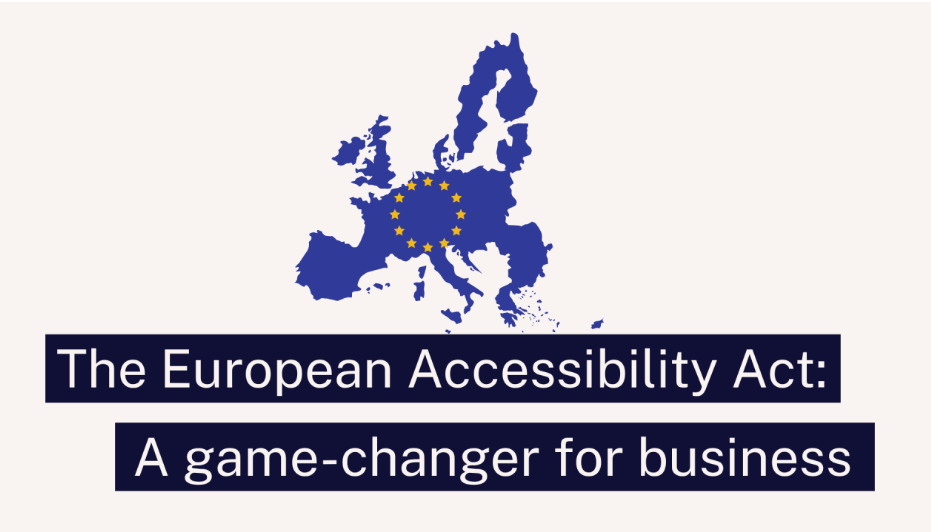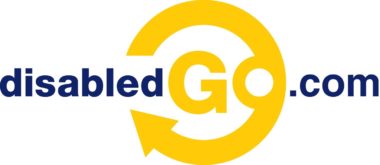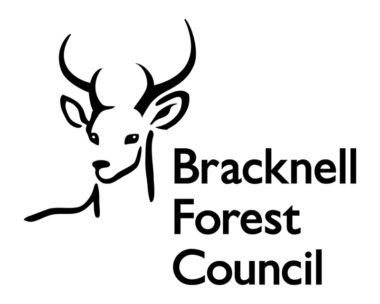The European Accessibility Act (EAA) comes into force on 28 June 2025 and is set to reward responsible businesses that embrace accessibility as a core value.
Its goal is to ensure that disabled people can use everyday products and services just like everyone else. This includes websites, computers, smartphones, ATMs, ticket machines, banking services, e-books, e-commerce sites, and transport services. The EAA will have a significant impact on businesses, especially those that sell products or services in the EU (even if the business is based outside Europe), as they must comply with accessibility requirements based on established guidelines, such as the Web Content Accessibility Guidelines (WCAG).
Benefits for disabled people and businesses
The EAA aims to benefit disabled people by ensuring:
- More accessible products and services are available in the market.
- Those accessible products and services are available at more competitive prices.
- Disabled people experience fewer barriers when accessing transport, education, and the open labour market.
- More jobs are available that require accessibility expertise.
Businesses benefit from:
- Harmonised rules on accessibility across the EU, potentially reducing costs and increasing efficiency.
- Easier cross-border trading within the EU.
- More market opportunities for accessible products and services.
- Benefits from historical investment in accessibility.
It’s estimated there are 87 million disabled people in the EU. Making products and services accessible means you can reach more customers and avoid legal trouble. It’s not just about following the law—it’s about being fair and opening your business to a wider audience.
Who has to follow the EAA?
The EAA applies to most businesses that want to sell products or services in the EU, regardless of where they are based. Only very small businesses (with fewer than 10 employees and less than €2 million turnover) are exempt.
What do businesses need to do?
Businesses must ensure their products and services are accessible. This means:
- Information should be available in different ways (not just visually or by sound).
- Products should work with assistive technologies, such as screen readers.
- Customers should be able to use websites and machines without needing fine motor skills or a lot of strength.
- Instructions and packaging must be clear and easy to understand for everyone.
How will the law be enforced?
The EAA is an act with teeth; non-compliance can result in various penalties, depending on how each EU country chooses to enforce it. Penalties for not complying can include fines and, in some cases, even criminal charges. Products or services that do not meet the requirements may be removed from the market.
Despite concerns about the impact of these changes, early signs suggest that enforcement will focus on encouraging best practice. Authorities are expected to support businesses by providing guidance and reasonable timeframes for any necessary improvements. However, businesses that repeatedly ignore requirements will undoubtedly face serious financial penalties.
What should businesses do next?
Recognise the positives
- Accessible products are better products, usable by a much larger audience.
- Accessible digital content benefits from improved Search Engine Optimisation (SEO).
- Knowing your product or service is accessible gives you an advantage over those who are simply claiming to be.
Make yourself aware of any gaps
- Shaw Trust offers a ‘free website accessibility checker’ to highlight your most significant accessibility issues, and can use testers with lived experience to carry out more detailed checks and audits.
- Shaw Trust can help improve your PDF documents to meet accessibility standards, ensuring they are easy for everyone to use and understand.
Prioritise fixes
Having identified any gaps or barriers, set out your roadmap for fixes. Don’t attempt to tackle everything at once. Work out which barriers or issues will pose the biggest challenges to someone accessing your services, and prioritise them. Shaw Trust consultancy services can help you with this process.
Accessibility is a journey
Remember, accessibility is a journey. Accessibility is not just another piece of legislation; the EAA is designed to encourage continuous improvement and ensure equal access for everybody. For businesses that have already prioritised accessibility, the EAA offers significant competitive advantages. For those just beginning, the transitional provisions allow some time to adapt—but the clock is ticking.
In this new landscape, actions will speak louder than claims, and businesses committed to true inclusion will reap substantial financial and reputational rewards.
How accessible is your website? Find out with our free snapshot or contact Accessibility-Services@Shaw-Trust.org.uk.







